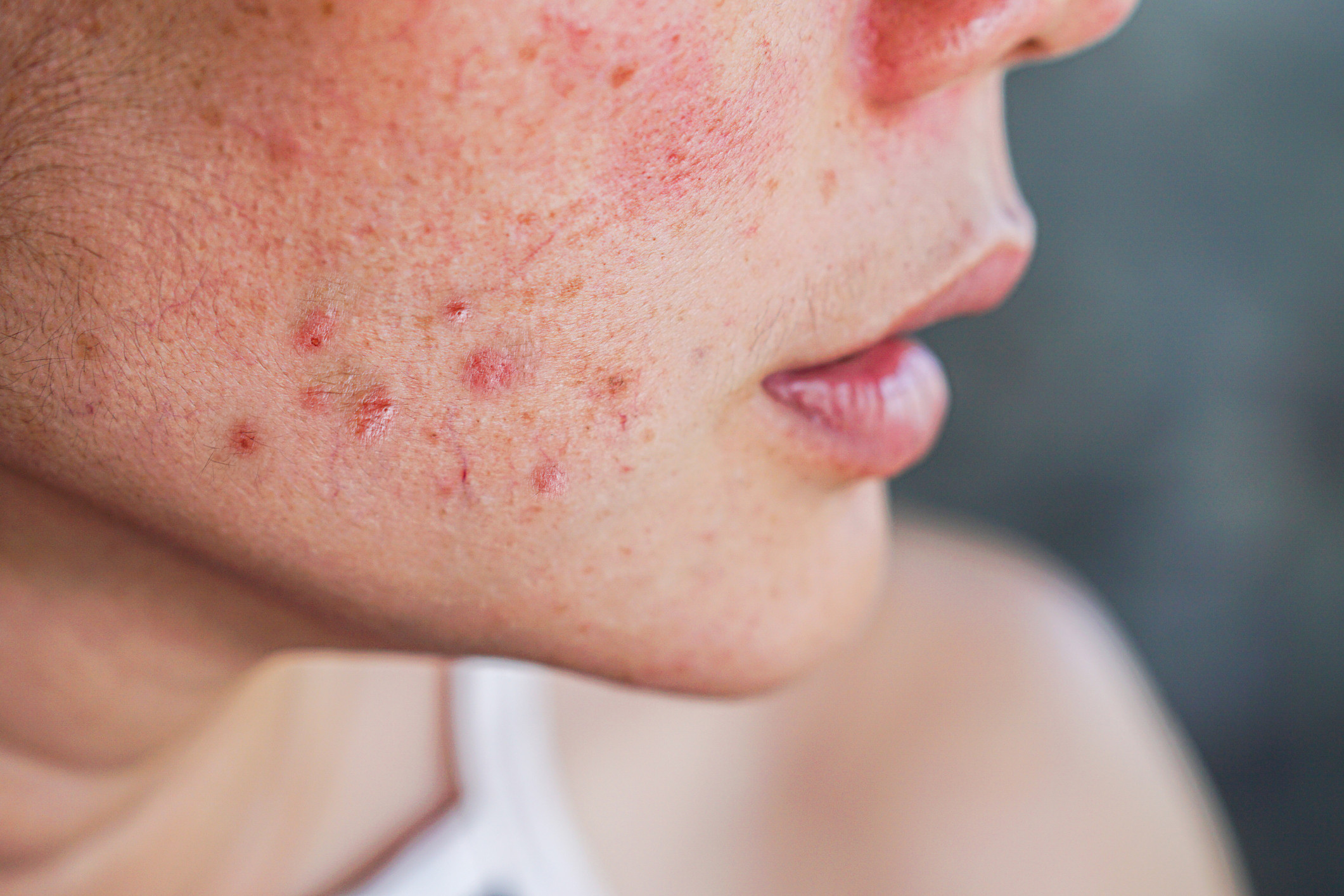
Two jobs may lower the odds of dying from Alzheimer's disease �� but why?

Mastitis: What to do when your breasts are painfully inflamed

How �� and why �� to fit more fiber and fermented food into your meals

UTI in older women: Why postmenopausal women are susceptible to urinary tract infection, and what to do about it

Can a routine vaccine prevent dementia?

Some adults may need a measles booster shot. Who should get one and why?

Less butter, more plant oils, longer life?

Healthier planet, healthier people

Counting steps is good �� is combining steps and heart rate better?

Appendix pain: Could it be appendicitis?
Women's Health Archive
Articles
Genital herpes: Common but misunderstood
Breast centers out of step with federal mammography recommendations
Is a "normal" blood pressure reading too high for women?
Can the COVID-19 vaccine affect my mammogram?
The COVID-19 vaccine may cause a harmless temporary swelling of lymph nodes that could be mistaken for cancer on a mammogram or other imaging test.
Period equity: What it is and why it matters
Menstruation is a basic fact of human existence, yet millions of people in the US struggle to afford –– or can't afford –– products like tampons and pads, a problem known as period poverty. Menstrual hygiene products are necessities, not luxuries, and period equity addresses this.
Pregnancy problems may predict heart health decades later
Understanding and treating pelvic organ prolapse
This common problem is often ignored or misunderstood.
Roughly half of women over age 50 have pelvic organ prolapse, a condition in which the uterus, bladder, small intestine, or rectum bulges into the vaginal wall or drops down through the vagina. But unlike with other common health conditions, many women don't talk about it �� even with their doctors. For some, this may stem from embarrassment, but in other instances, it's because they think it's just something they need to deal with as they age.
"Women will say to me, 'I thought this was normal because I had kids.' But it's not normal. Not everyone who has had a vaginal delivery or is over 65 has urinary incontinence or pelvic organ prolapse," says Dr. Emily Von Bargen, a Harvard Medical School instructor in Obstetrics, Gynecology, and Reproductive Biology. Pelvic organ prolapse is treatable, and it's not something women have to live with, says Von Bargen.
Polycystic ovary syndrome and the skin
Polycystic ovary syndrome is the most common cause of infertility in women. In many cases, women with PCOS have skin and hair issues such as acne, hair loss, or excessive hair growth in places where they normally do not have hair. Treatment options vary depending on the symptoms and each woman’s preferences.
Polycystic ovarian syndrome and the skin
Polycystic ovary syndrome is the most common cause of infertility in women. In many cases, women with PCOS have skin and hair issues such as acne, hair loss, or excessive hair growth in places where they normally do not have hair. Treatment options vary depending on the symptoms and each woman's preferences.

Two jobs may lower the odds of dying from Alzheimer's disease �� but why?

Mastitis: What to do when your breasts are painfully inflamed

How �� and why �� to fit more fiber and fermented food into your meals

UTI in older women: Why postmenopausal women are susceptible to urinary tract infection, and what to do about it

Can a routine vaccine prevent dementia?

Some adults may need a measles booster shot. Who should get one and why?

Less butter, more plant oils, longer life?

Healthier planet, healthier people

Counting steps is good �� is combining steps and heart rate better?

Appendix pain: Could it be appendicitis?
Free Healthbeat Signup
Get the latest in health news delivered to your inbox!
Sign Up










